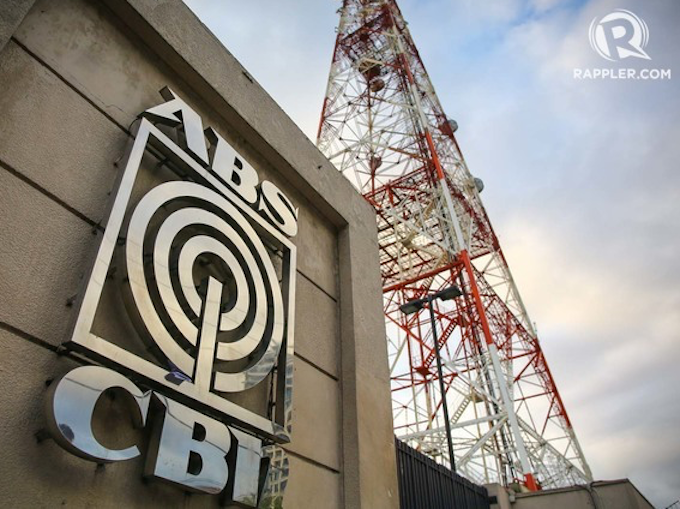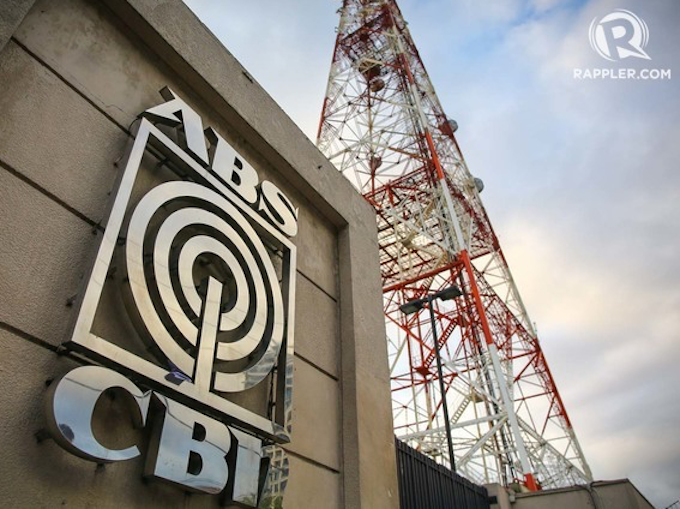
The Journalism Education and Research Association of Australia (JERAA) has called on the Australian government to make strong diplomatic representations to Philippine President Rodrigo Duterte to reinstate ABS-CBN’s television operating licence.
It has also urged Duterte to make an ongoing commitment to press freedom – particularly now at the height of the covid-19 coronavirus pandemic.
“This is an outrage. It is another example of Duterte’s continuing war on press freedom,” JERAA president Alex Wake said in a statement in response to the closure of the largest and most influential Philippine television and radio network.
READ MORE: Rappler challenges ‘media powers’ in democracy fight back
The Duterte administration ordered the closure of ABS-CBN this week after its operating licence lapsed on May 4. ABS-CBN is a private enterprise whose network reaches internationally, providing a service to Filipinos around the world.
This is the third media organisation that has been “interfered” with in the four years since Duterte was sworn in as President and stated: “Just because you’re a journalist, you’re not exempt from assassination, if you are a son of a bitch.”
– Partner –
Duterte’s actions are having a chilling effect on Philippine media freedom, encouraging self-censorship by reporters and media outlets fearful of government reprisals for critical reporting at a time when the media’s role in reporting the pandemic is vital, Dr Wake said in the statement.
Even before this closure, the Philippines had dropped two further places on the RSF World Press Freedom Index, now sitting at 136th (Australia is situated at number 26 by comparison).
Background:
President Duterte has labelled broadcaster ABS-CBN and the Philippine Daily Inquirer as “sons of whores”, and warned of repercussions over their criticism of him.
The Philippine Daily Inquirer had been one of the most vocal critics of the administration and its former owners, despite being one of the wealthy scions in the country, did not interfere in the editorial content.
The Duterte administration has also conducted a judicial harassment campaign against Rappler chief editor and publisher Maria Ressa and her online news outlet, one of the country’s most prominent independent news organisations.
Rappler angered Duterte with its criticism of him and by publishing a transcript of a call with Donald Trump, during which the US President praised Duterte’s murderous “drug war” and invited him to the White House, the JERAA statement said.
Ressa and her staff have received threats of death, sexual assault and more.
The persecution of Philippine journalists has been accompanied by online harassment campaigns waged by pro-Duterte troll armies, which also launched cyber-attacks on alternative news websites and the site of the National Union of Journalists of the Philippines.
Article by AsiaPacificReport.nz





